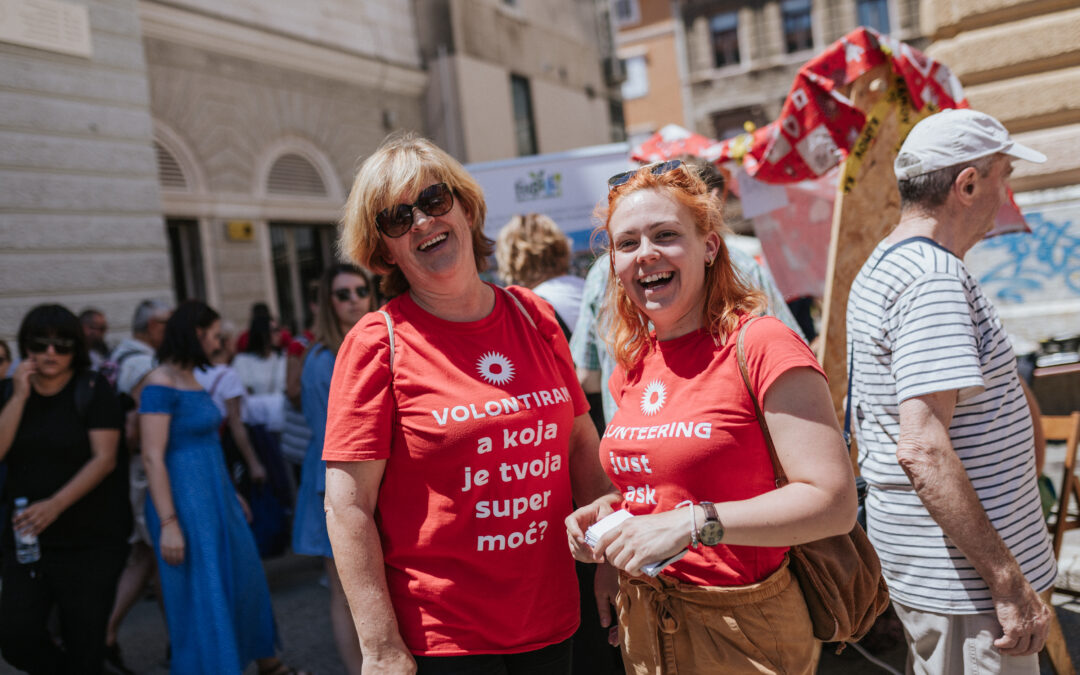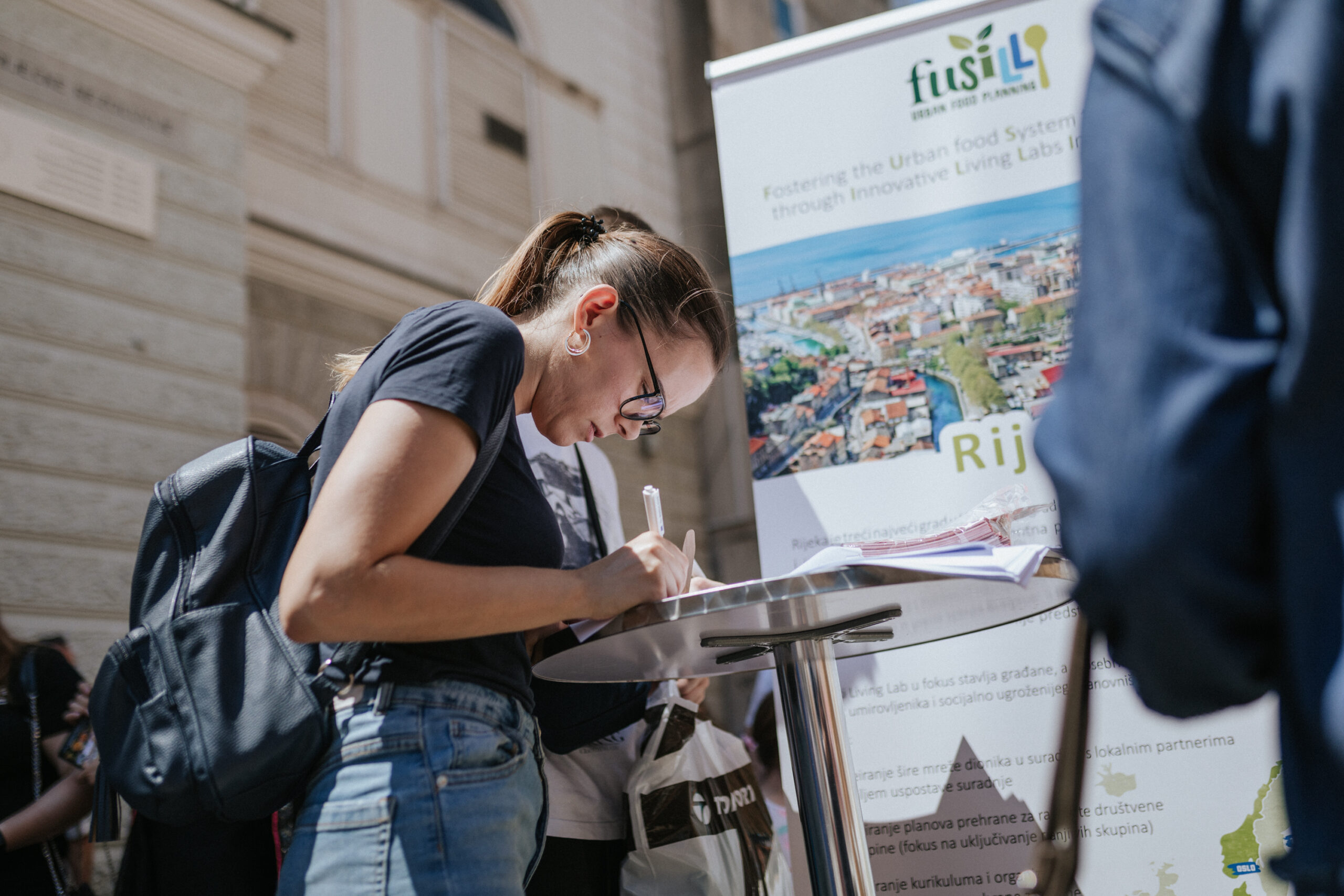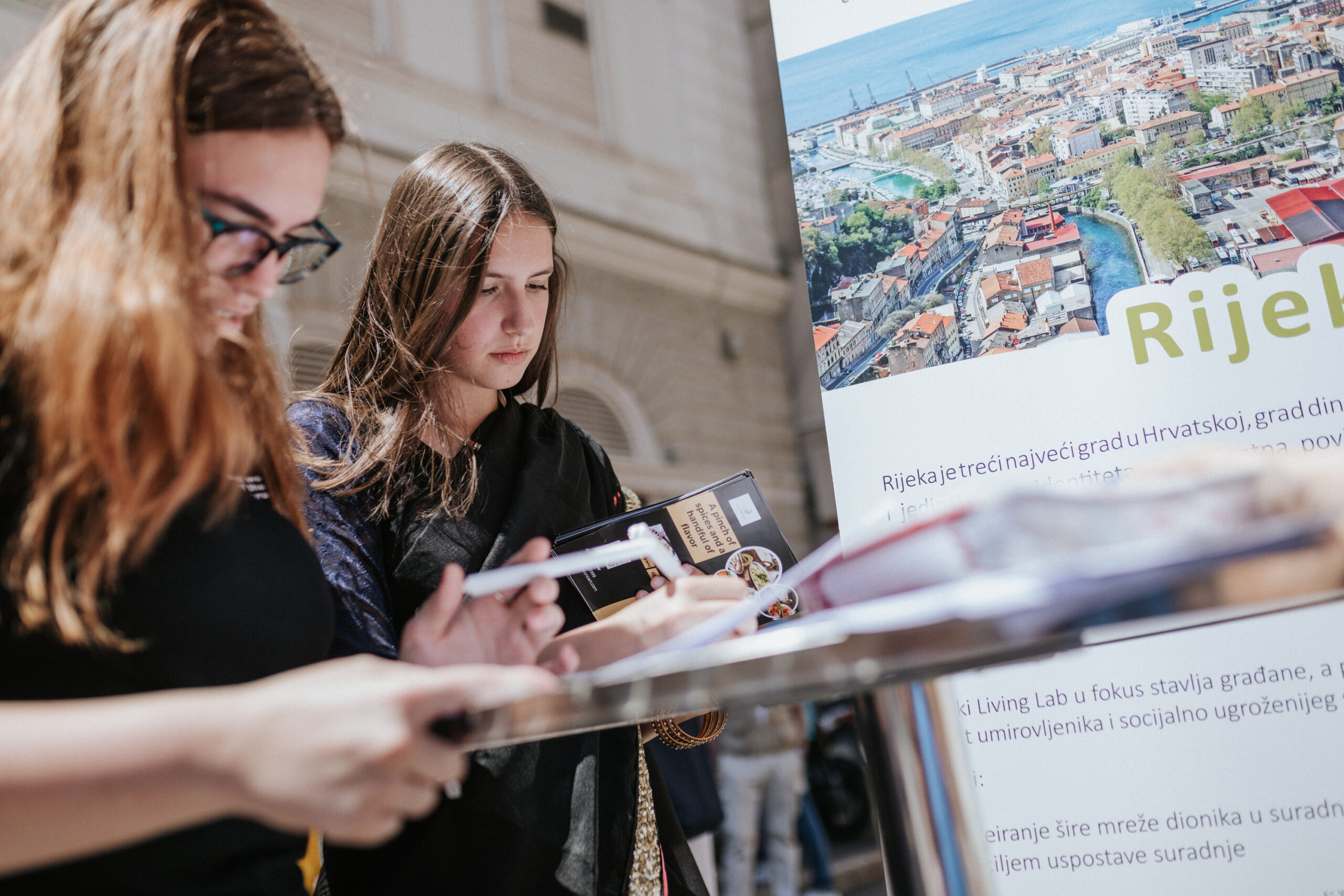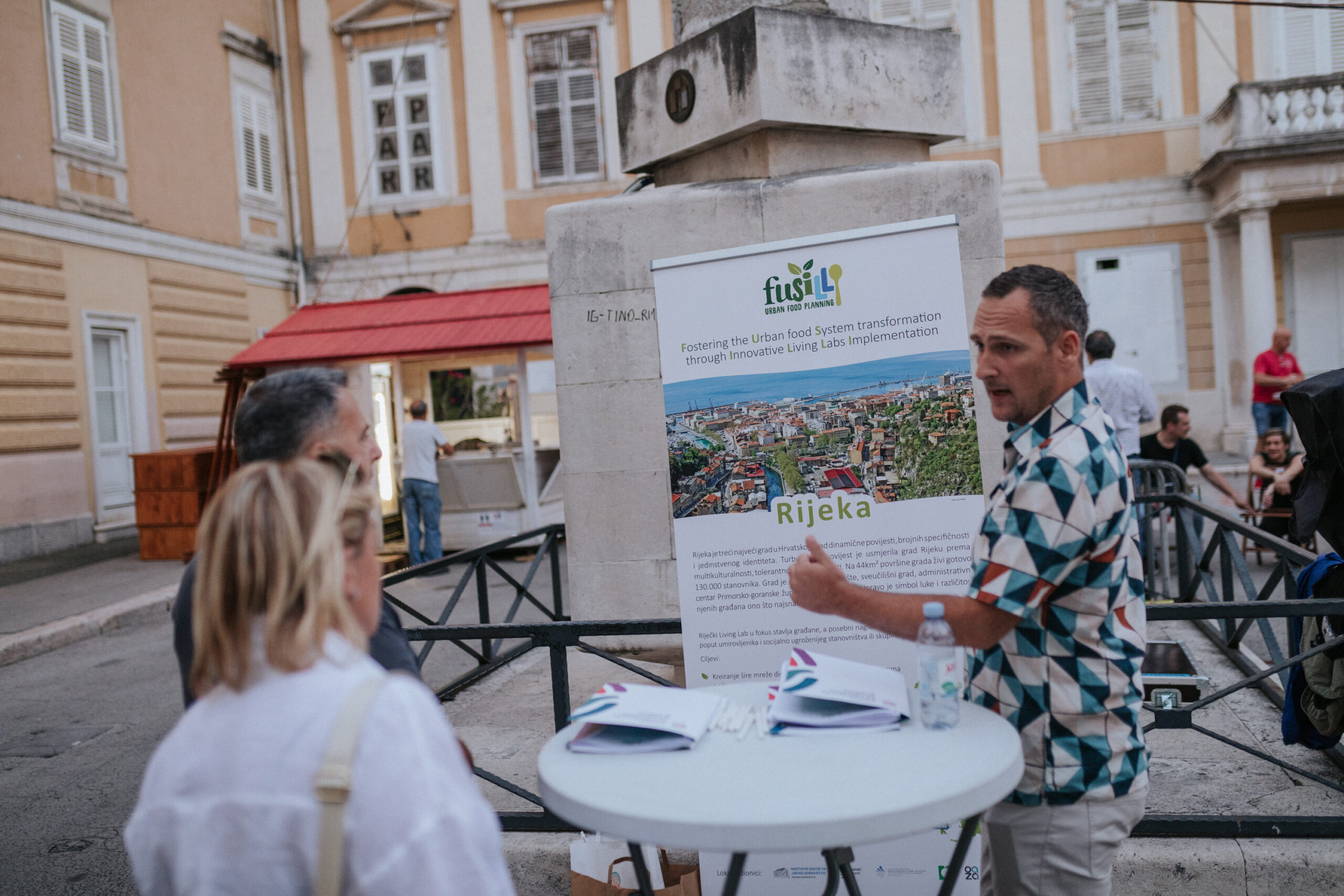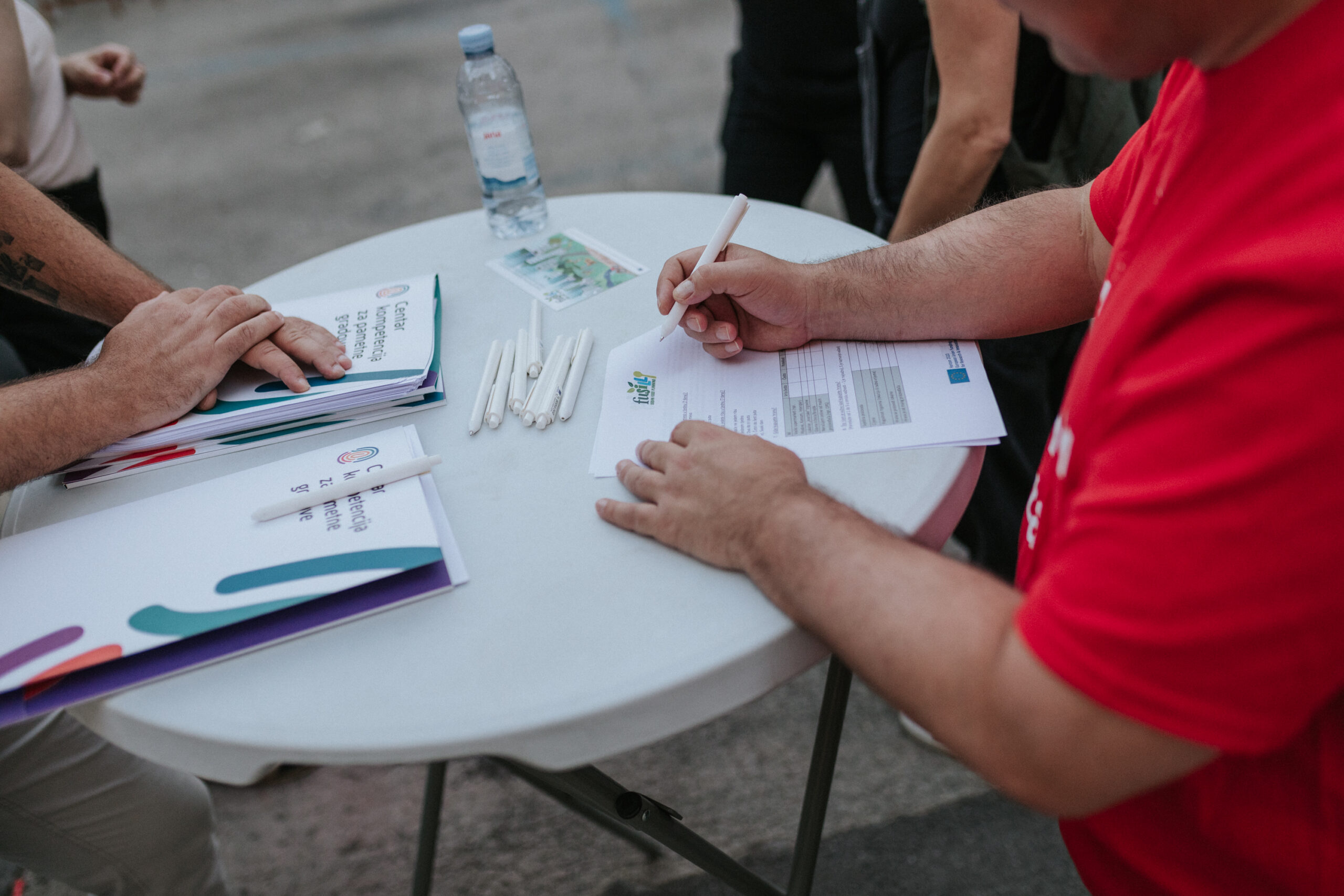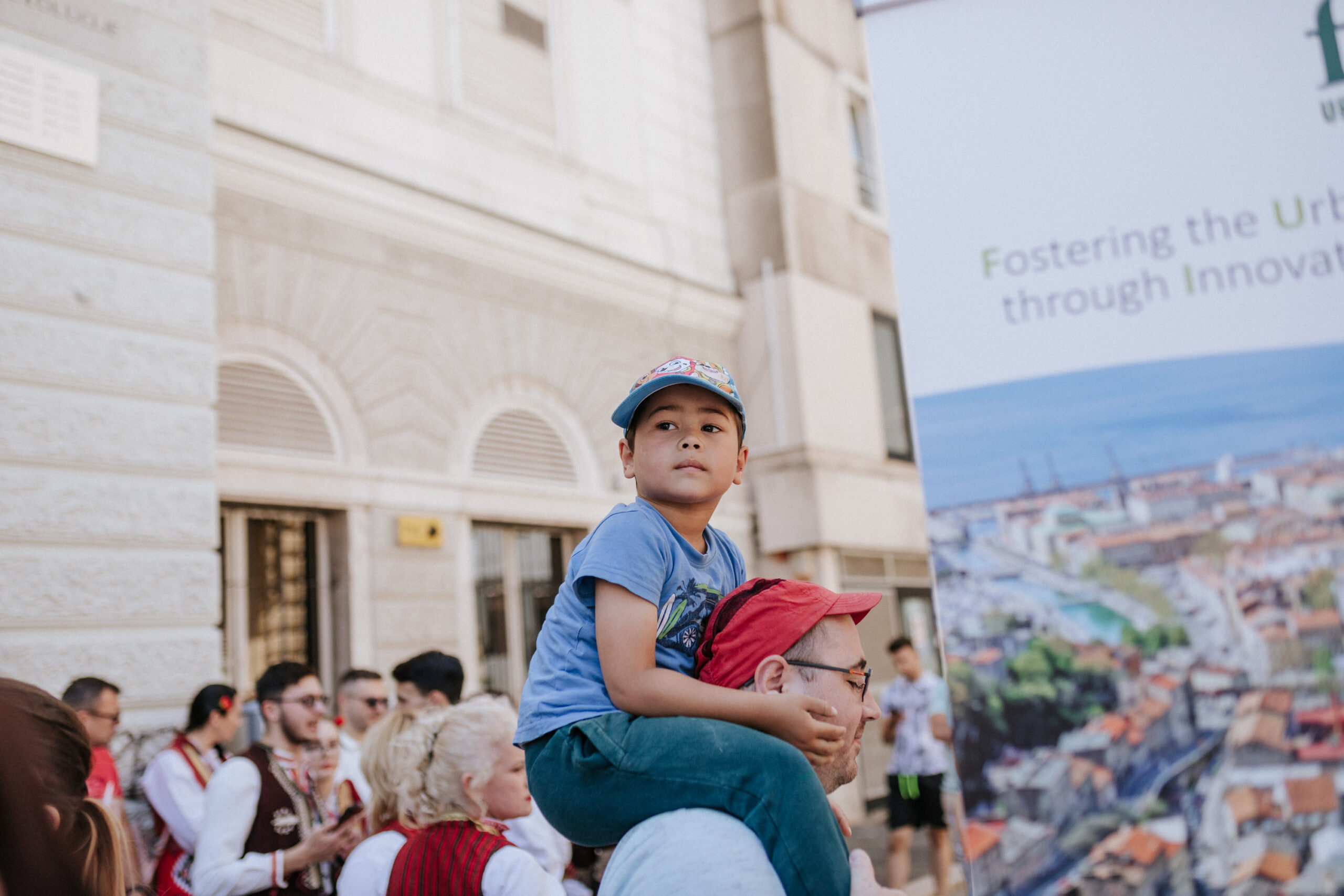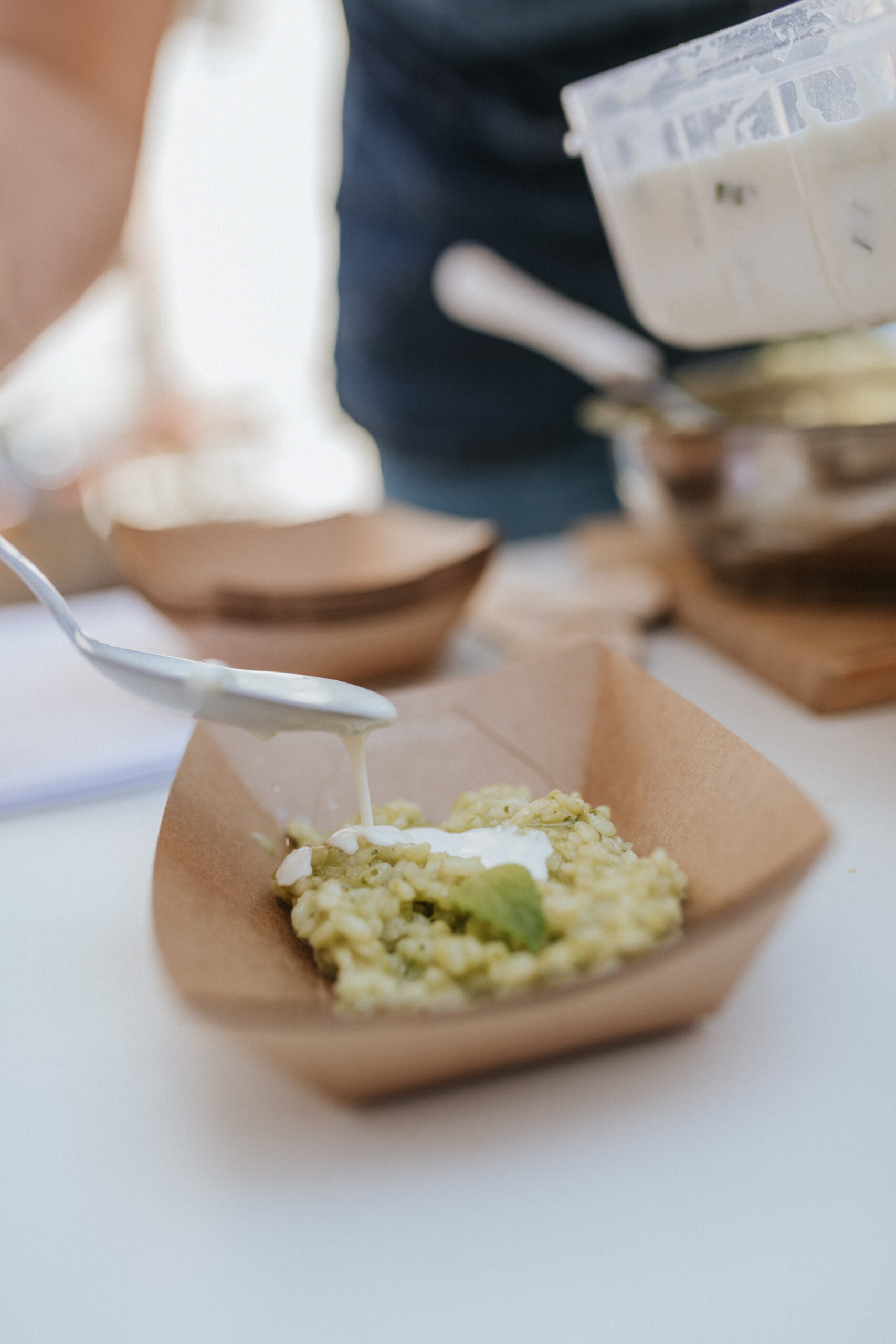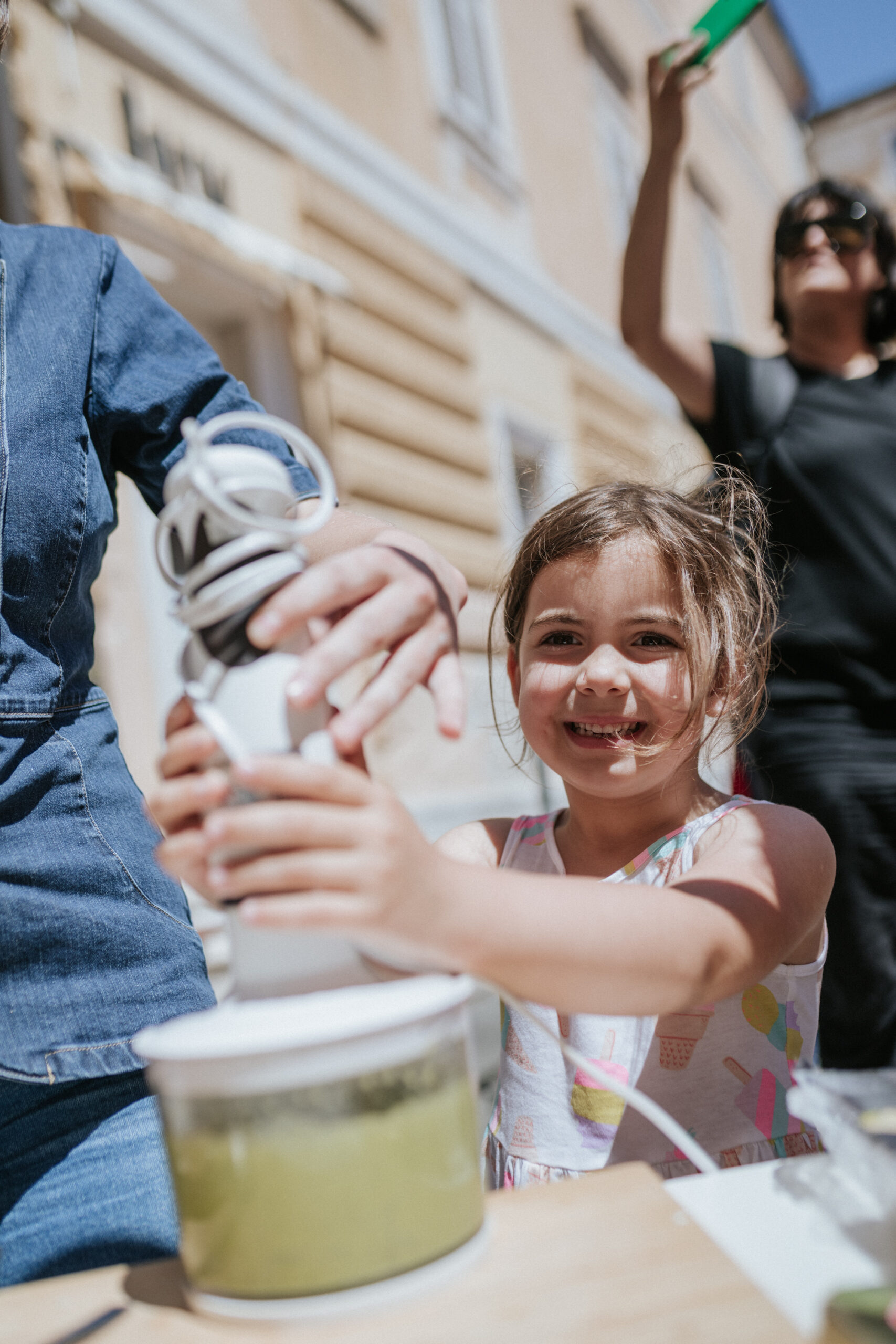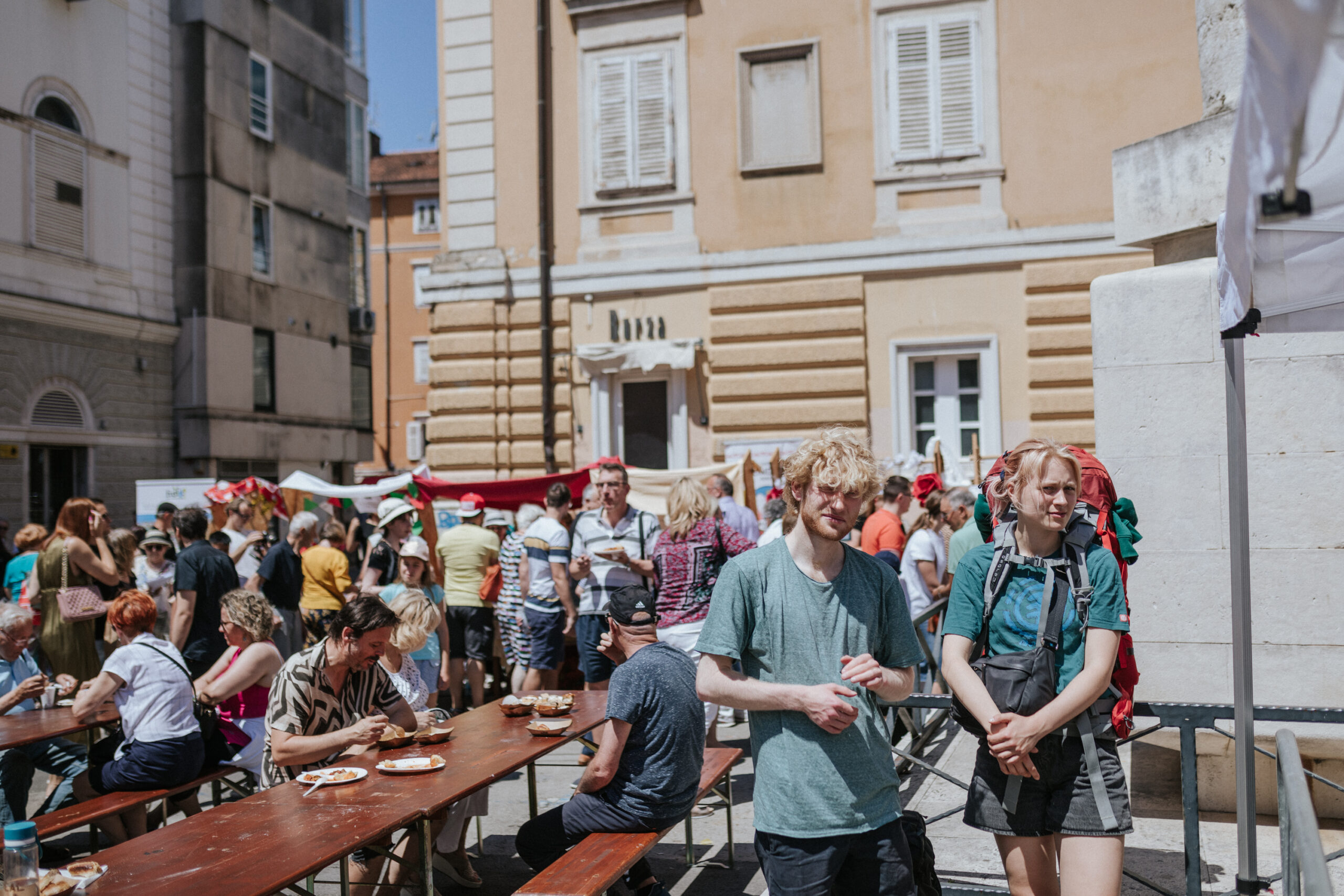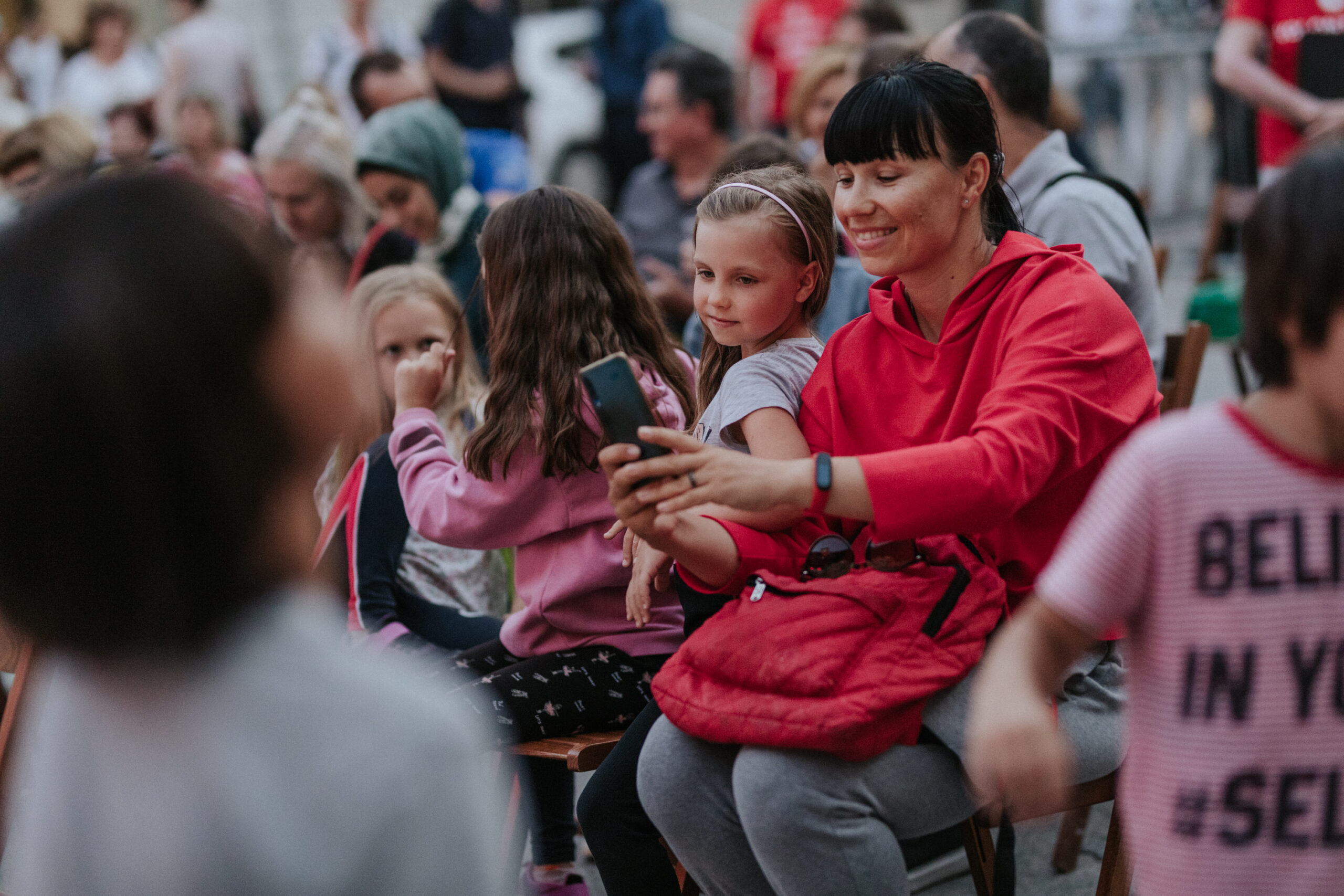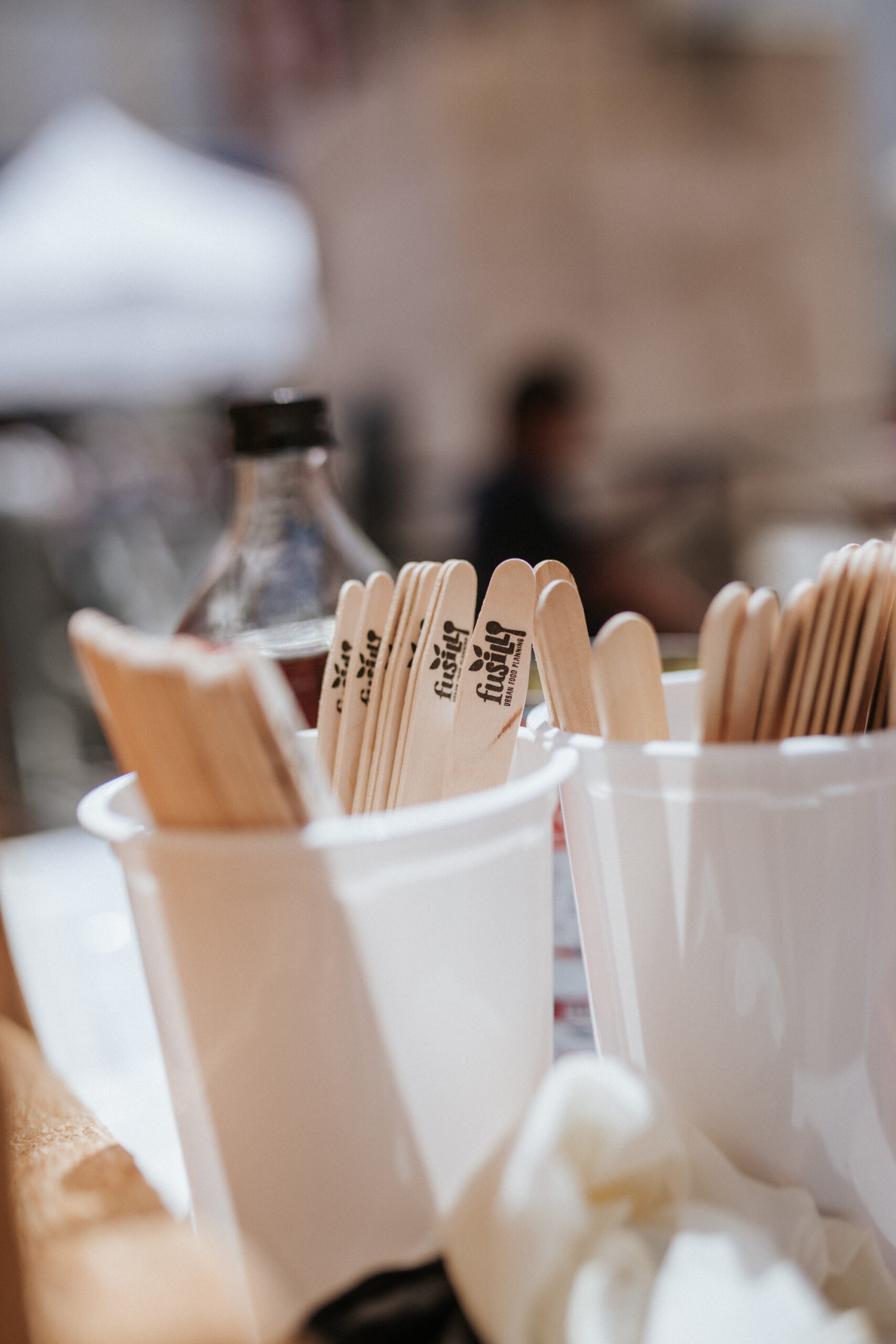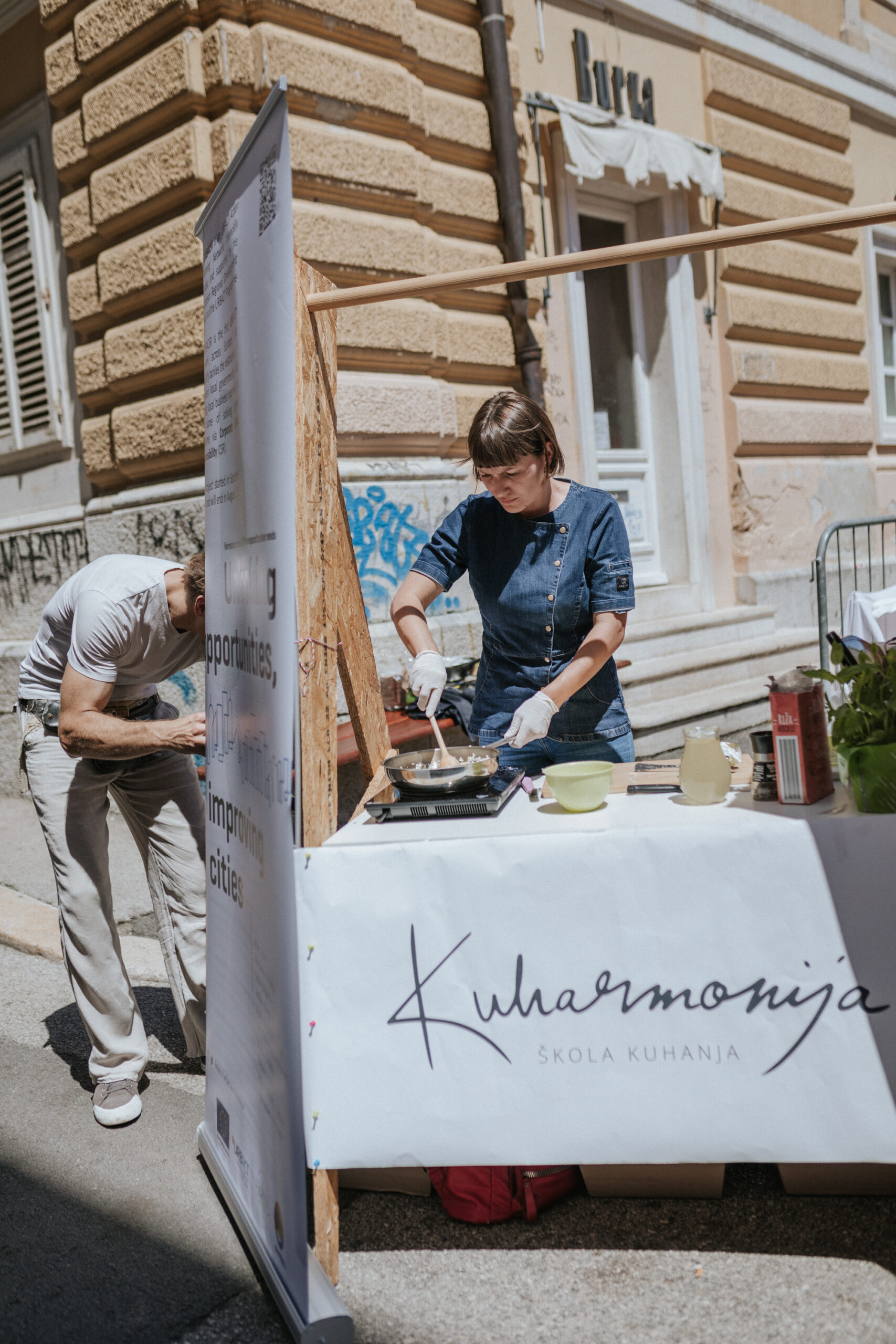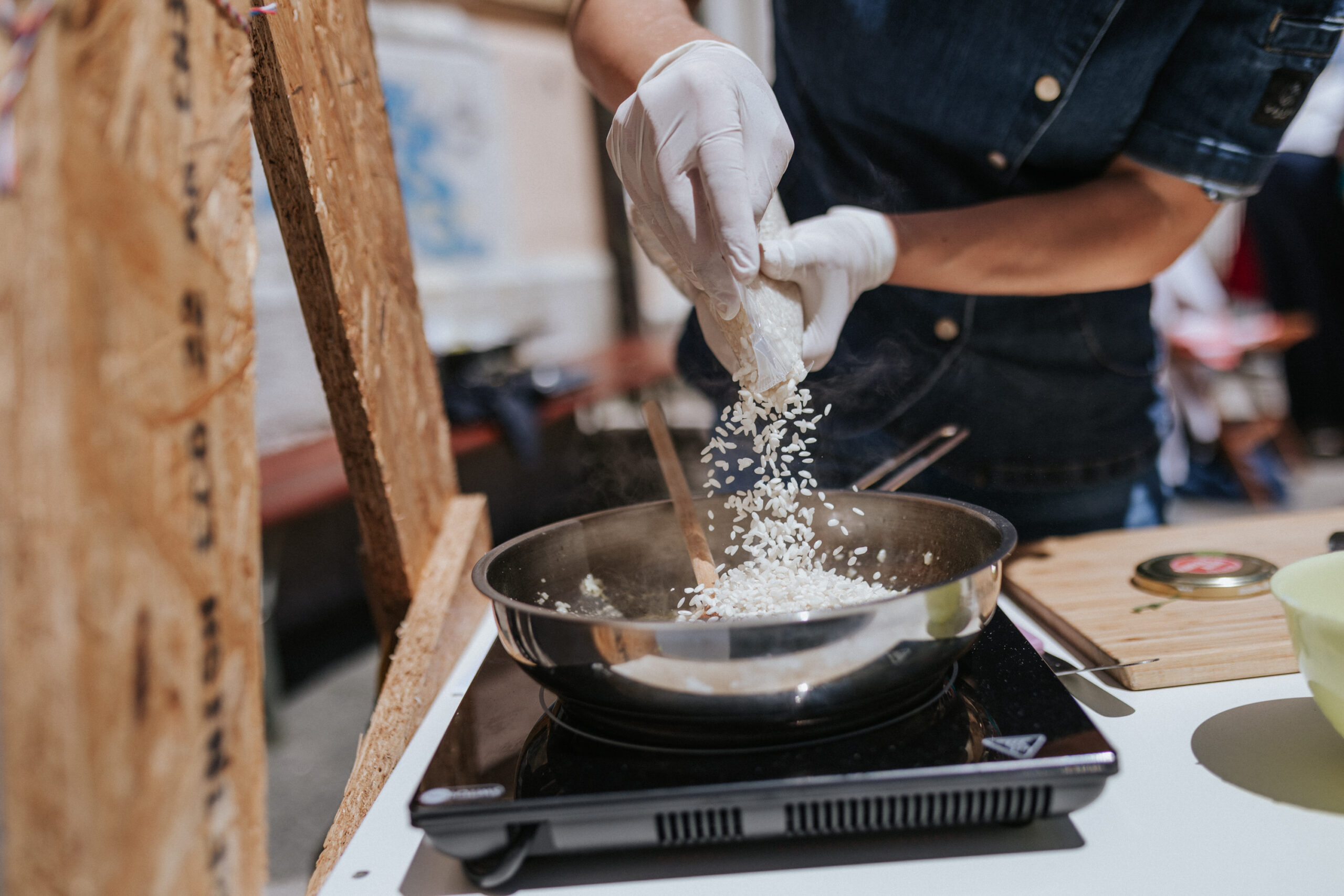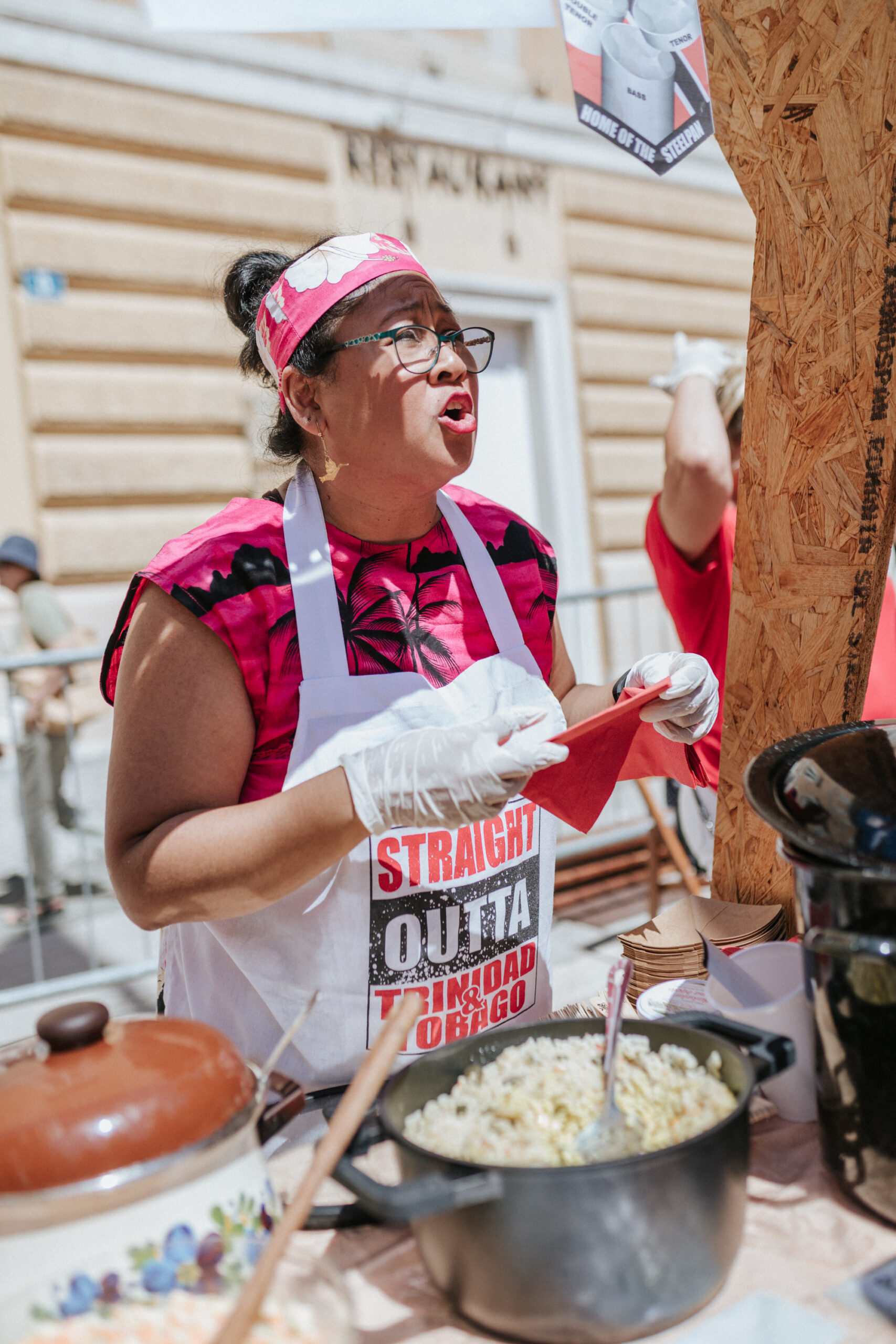In 2021, the Ministry of Economy and Sustainable Development conducted a food waste survey in the Republic of Croatia in accordance with the new European Union methodology for monitoring food waste. The project involved a survey of 1,000 households and about 2,000 units in the business sector, including family farms.
The results show that 286,379 tons of food waste, or as much as 71 kilograms per capita, is generated annually in households and the business sector in the Republic of Croatia. About 76% of food waste is generated in households (216,345 tons).
Of course, there is always a portion of food waste that is simply unavoidable. In households, inedible parts of food such as bones, eggshells, citrus peels and the like account for about 60% of food waste.
Significantly, however, the edible part accounts for 40%, or about 22 kilograms per capita, and that is the part that could and should be prevented from being thrown away. All this discarded edible food would fill up to 4,400 trucks.
We have simply “forgotten” up to 23% of food.
According to the research, we throw away mostly meat and fruit, followed by vegetables and potatoes. The main reason cited by most households for throwing away food, especially the edible part, was too much food purchased and/or prepared, then the expiration date and food that was destroyed/inedible. Interestingly, 23% of respondents said they threw away food because they forgot about it.
Responsible food handling, purchase, storage and preparation is becoming increasingly important. Apart from the fact that irresponsible food handling is extremely expensive, especially in the face of ever-increasing prices, food waste in Croatia is responsible for 4.6% of greenhouse gas emissions. For comparison, the same amount of greenhouse gasses is emitted by 415,000 cars travelling 10,000 kilometers per year.
The problem of excessive food waste is not only our problem. For this reason, at the level of the European Union, the FUSILLI project was launched. One of its objectives is to define, inform, educate public actions and promote a healthy and sustainable diet without throwing away food in all sectors of society, from households to gastronomy and public institutions.
Rijeka is also involved in the FUSILLI project as one of the partner cities
One of the central activities of the FUSILLI project is the establishment of 12 so-called Living Labs in 12 different cities, the project participants. The main goal of these “labs” is to create local urban plans related to food that will enable an integrated and safe as well as holistic transition to healthy, sustainable, safe, inclusive and cost-efficient food systems. The Living Lab in Rijeka focuses on citizens, with special attention to vulnerable groups such as pensioners and the socially disadvantaged and/or groups with certain diseases. One of the biggest challenges for Rijeka in this project is excessive food waste and sharing. Guidelines and policies are being created to link excessive food waste and insufficient food donations.
Show that you can do better
With a little creativity and planning, it is possible to significantly reduce the amount of food waste we produce at home. And since it is best to lead by example, the City of Rijeka has decided to combine the FUSILLI project with an already traditional event where food takes center stage – the Porto Etno Festival.
The Porto Etno Festival has been presenting the multiculturalism of Rijeka for 6 years, bringing the audience closer to the diversity of ethno music and gastronomy. This year, Porto Etno was once again attended by numerous national minorities who enrich Rijeka’s multiculturalism by presenting themselves through the two most universal languages, food and music. FUSILLI participated in Porto Etno with two main goals. Firstly, we wanted to conduct a survey among the citizens to find out their habits in terms of eating, buying and preparing food, as well as their thoughts about healthy and sustainable food and, of course, food waste. Citizens were able to participate in the survey throughout the 3 days of the Porto Etno Festival at the FUSILLI stand. The collected questionnaires will be analyzed to assist in the further implementation of the project.
The survey, filled out by the visitors of the Porto Etno Festival, is also available online at this link.
And so that not everything is just on pushing papers, a culinary FUSILLI workshop was held on Saturday, June 11, as part of the Porto Etno Festival. With the help of Dolores Teofilović from Kuharmonija, our citizens learned that it is possible to make the best out of any food, even the parts that would otherwise be surely thrown away, and make a delicious and nutritious meal out of it.
The fine food prepared in the workshop could be tasted by those present, so FUSILLI successfully passed its first “taste test” in Rijeka.
Credits for images: City of Rijeka
